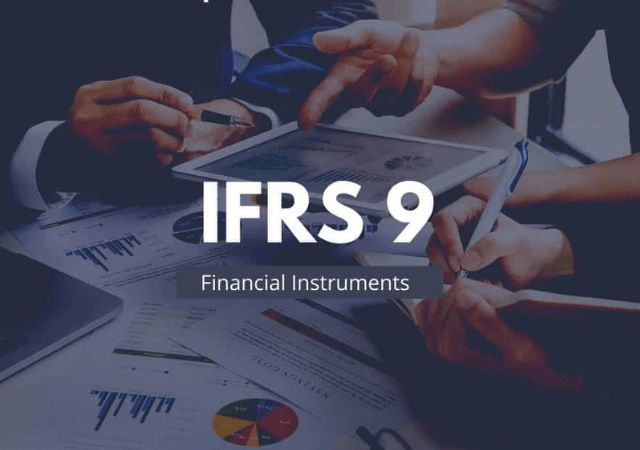When embarking on a new business venture, entrepreneurs are often confronted with a multitude of expenses even before the first sale is made. Understanding the intricacies of which expenses are deductible and when they become so is vital for businesses seeking to manage their tax obligations effectively. Here, we delve into the complexities surrounding pre-commencement expenses and their tax treatment.
Pre-Commencement Expenses
Expenses incurred before a business begins its income-producing activities are generally not tax-deductible. This is because these costs are deemed to constitute setting up operations rather than directly contributing to income generation.
However, under Section 10D of the Income Tax Act 1947, Companies are allows to claim tax deduction on revenue expenses incurred 1 year before the Deemed Date of Commencement. The revenue expenses are treated as incurred on the deemed date of commencement of business.
Determine the Dates
- Actual Date of Commencement : First day on which business activity commences.
- Deemed Date of Commencement: The first day of the accounting year in which a business earns its first dollar of business receipt.
Types of Pre-Commencement Expenses
Several categories of expenses are deemed to be incurred on the actual date of commencement of business activity. These may include costs related to:
– Costs for protecting Intellectual Property
– Expenditure on research and development
– Renovation and Refurbishment expenditure
– Design Expenditure
Expenses Incurred for Several Businesses
For businesses engaged in more than one trade, profession, or vocation, it’s essential to track pre-commencement expenses separately for each activity. This ensures accurate attribution of expenses to respective income streams before applying tax treatments.
Utilising Trade Losses
In cases where pre-commencement expenses or section 14R expenses exceed the income generated from respective activities, resulting in trade losses, there are several options available:
1. Offset Against Other Income: In the same Year of Assessment (YA), businesses can offset trade losses against other sources of income.
2. Offset Against Future Income: Businesses can carry forward losses to offset against income in future Years of Assessment (YAs).
3. Group Relief Transfer: Under the group relief system, businesses can transfer trade losses to a related company..
4. Carry Back Option: In certain jurisdictions, businesses can carry back trade losses to the immediate preceding Year of Assessment (YA) to offset against income.
*The above are subject to the relevant qualifying conditions.
Conclusion
Pre-commencement expenses pose unique challenges and opportunities in business taxation. Understanding the rules governing tax deductibility, deemed and actual dates of commencement, and the treatment of various expense categories is essential for businesses to optimize their tax position while remaining compliant with regulations. By navigating these complexities effectively, businesses can minimize tax liabilities and maximize profitability in the long run.
Disclaimer: This article is for informational purposes only and does not constitute any professional advice. Feel free to contact us to consult with our professional advisors team for personalized advice and guidance.






